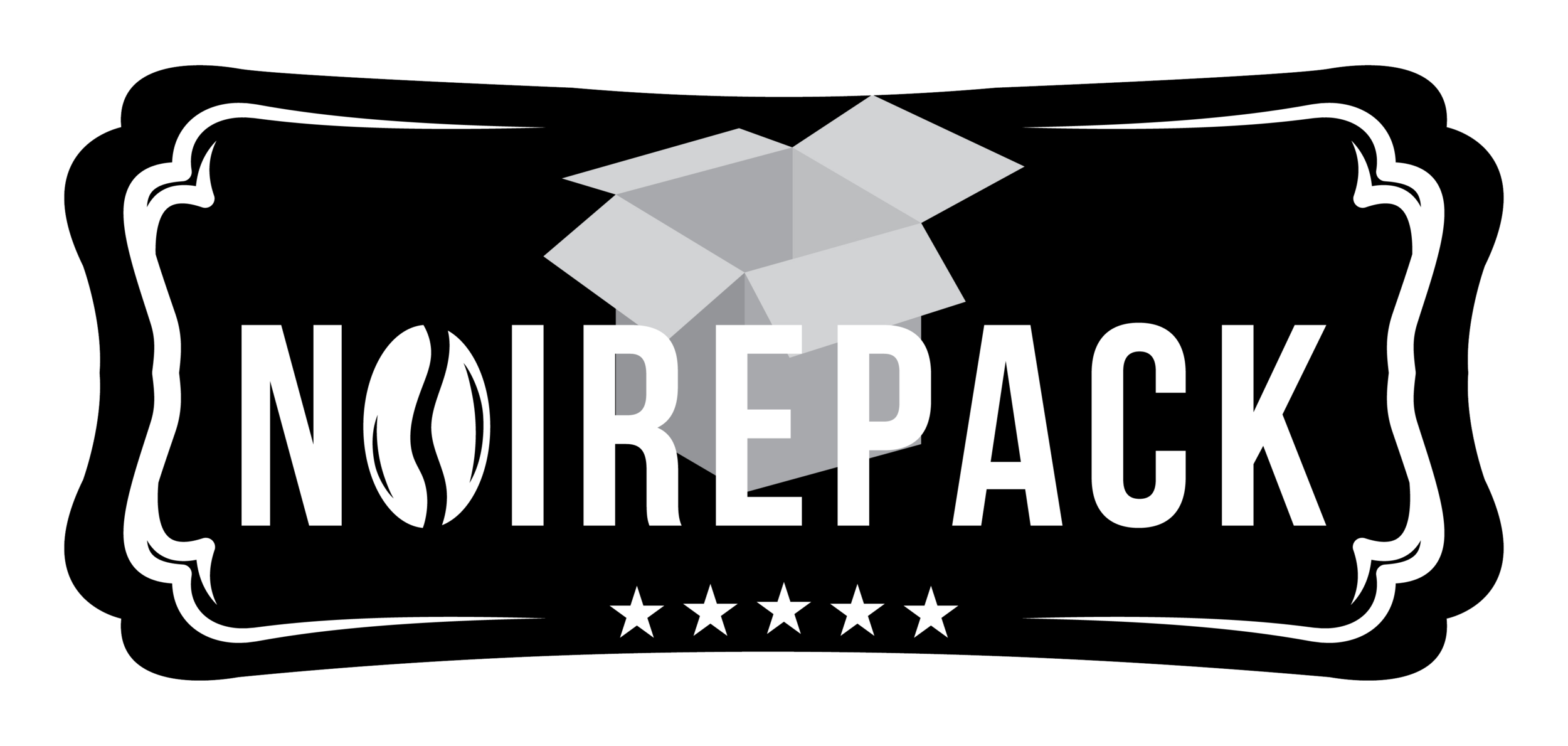There are thousands of coffee roasters in the US. Sadly, Black coffee roasters only represent a small margin of this highly coveted and competitive coffee market. Black Owned coffee roasters, and cafés are a "Shot in the Dark" a "Red Eye," an under-represented group unseen in this well-heeled industry.
Read MoreToday's Black economic disparity can only be alleviated by breaking the cycle of intergenerational poverty in Black families by improving the black men’s economic outcomes. At NoirePack, we understand the profound implications Black families and the prospects of Black children may face if we as a community don't take action which is why we are fully vested in supporting this cause the best way we can one cup of coffee at a time.
Read MoreThinking about migrating to Canada? Not so fast, mon ami. Though Canada is viewed as a country model for inclusion, this is far from the truth.
Black Canadians face the same struggles and realities of institutionalized racism as Black Americans
Read MoreBlack Owned coffee roasters and cafés are a "Shot in the Dark" a "Red Eye," an under-represented group unseen in this well-heeled industry. Black Owned coffee proprietors are, for lack of words, the M&M's of Hip Hop, the Darius Ruckers, or Aaron Nevilles of County Music.
This disparity between Black and White coffee businesses lies in the obtainment of capital. But this is no surprise. Black entrepreneurs have always faced obstacles in accessing startup capital.
Read MoreAt NoirePack Inc. we believe that when small Black-Owned businesses flourish, so do our communities. Coffee, the 2nd most-traded commodity consumed by most industrialized nations. This coveted Arabica plant can generate jobs and business ventures that can uplift and foster pride in our communities.
When you support Black-owned businesses, you get products that are valuable for the unique character they bring. Plus, you avoid spending money at other companies that may not celebrate Black culture
Read MoreThe African diaspora in the Americas comprises descendants of native sub-Saharan Africans or people from Sub-Saharan Africa who were enslaved and shipped to the Americas by the Europeans via the Atlantic slave trade with their largest populations in Brazil, the United States, and Haiti.
Read MoreBurundi's coffee is receiving recognition worldwide. More and more roasters are demanding this unique African coffee. As this trend continues, Burundi's economy will climb as long as their government continues to implement deep, broad, and well-institutionalized reforms for Burundi's economy's greater good.
Read MoreWe must strive for "Ujamaa" and Social entrepreneurship to create businesses oriented around providing services and goods that benefit the Black community. We are one of the U.S.'s biggest consumers, but we only spend a mere 3 percent of our $600 billion on Black-Owned businesses. This must change.
Read MoreConflicts and divisions are evident amongst African nations, but tensions can also be found even here in the United States amongst our brothers and sisters…… our houses continue to be divided. Black skin vs. Light Skin, Black Republicans vs. Black Democrats, Israelites vs. Black Christians, and the list goes on. In the words of Rodney King, "Can we all get along?
Read MoreTanzanian Arabicas are grown on Mt. Kilimanjaro and Mt. Meru's slopes near the Kenyan border
Read MoreThe Swahili language is a mixture of Bantu and Arabic. It is a lingua franca for the African Great Lakes region and other parts of East and Southern Africa, including Tanzania, Uganda, Rwanda, Burundi, Kenya, some parts of Malawi, Somalia, Zambia, Mozambique, and the Democratic Republic of the Congo (DRC).
Read MoreKenya's coffee, like its world-class runners, is the best in its class. Like the Arabian Mocha and the Ethiopian Harrar to the north, Kenyan coffee has a rich, distinctive dry, winy aftertaste with a full-bodied richness that Ethiopians and even Mocha lack.
Read MoreThough many have claimed that coffee originated in the southern tip of the Arabian Peninsula or modern-day Yemen, where Europeans first found it growing, coffee's origins are rooted in central Ethiopia's plateaus.
Read MoreEthiopian coffees are amongst the world's best. All displaying the winy or fruity acidity characteristics of African and Arabian coffees.
Read More













